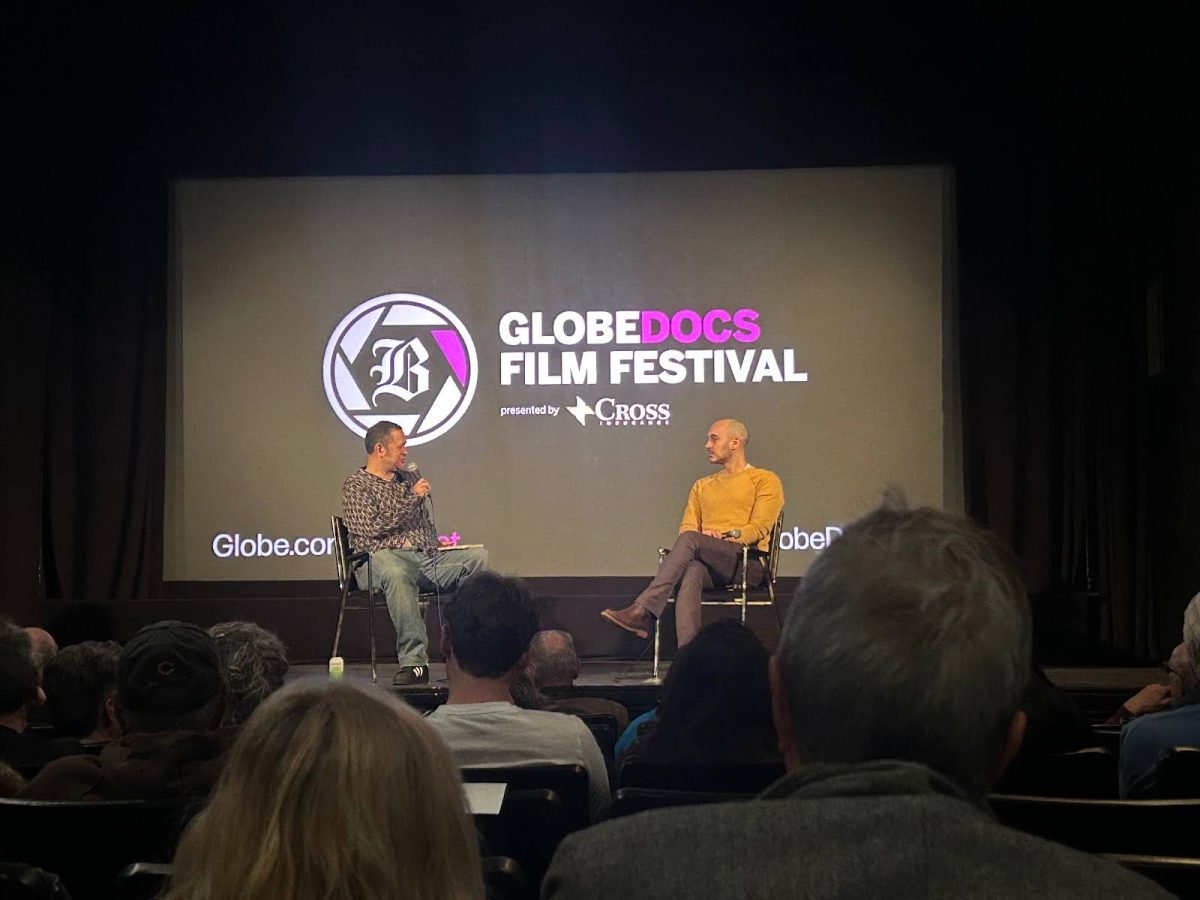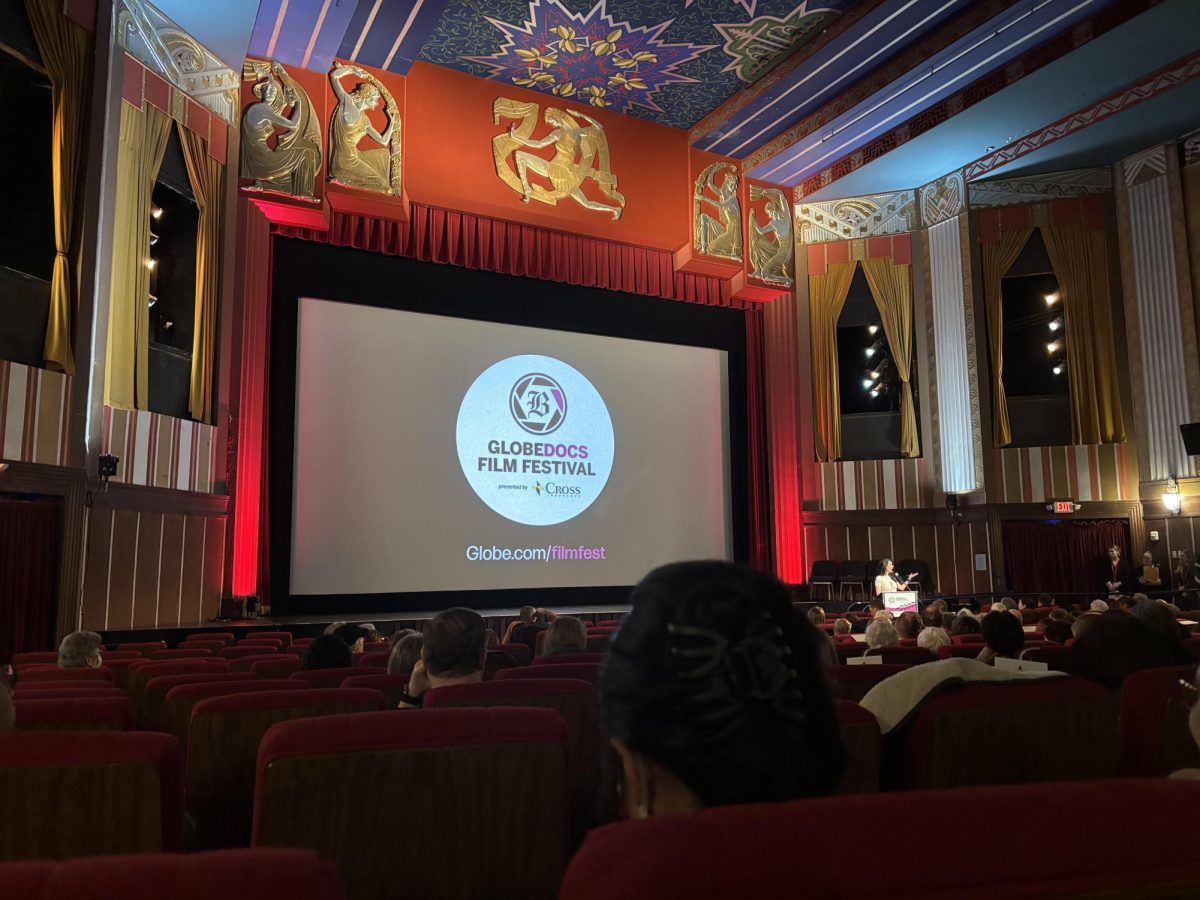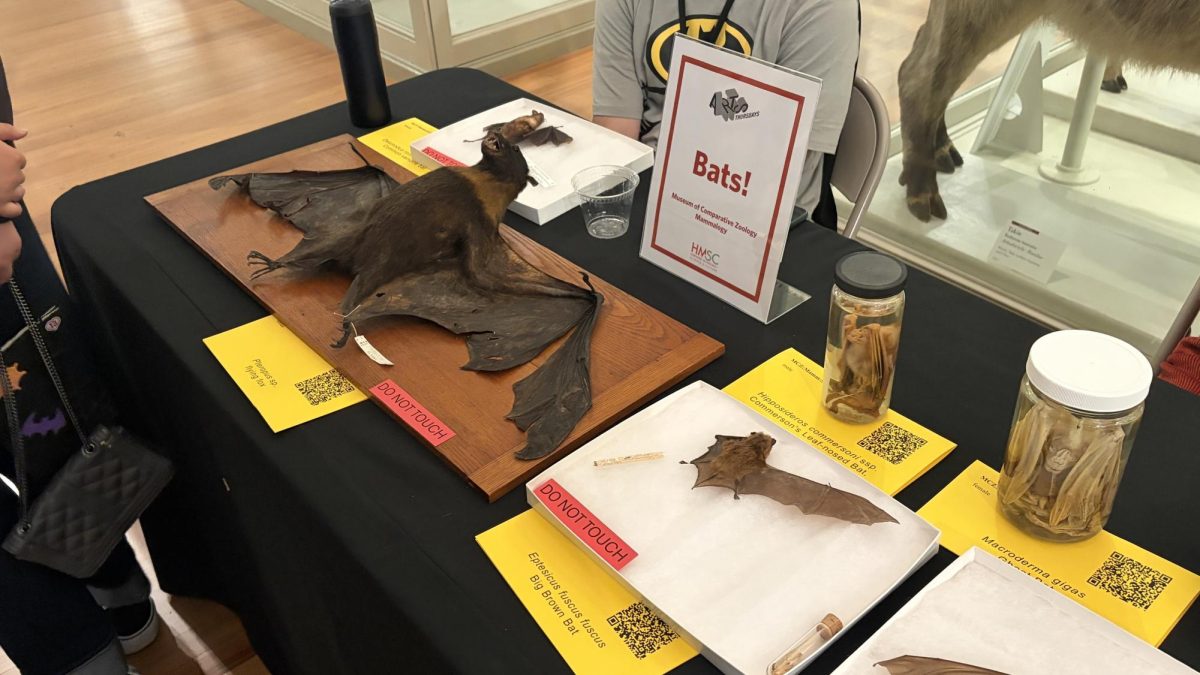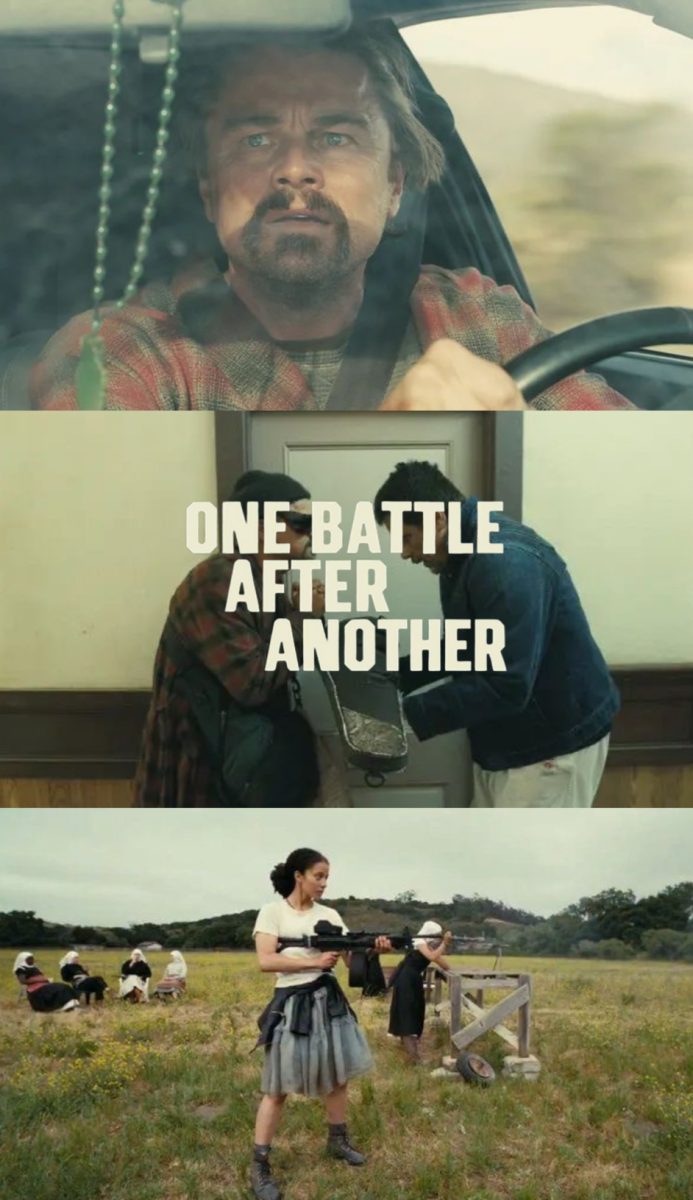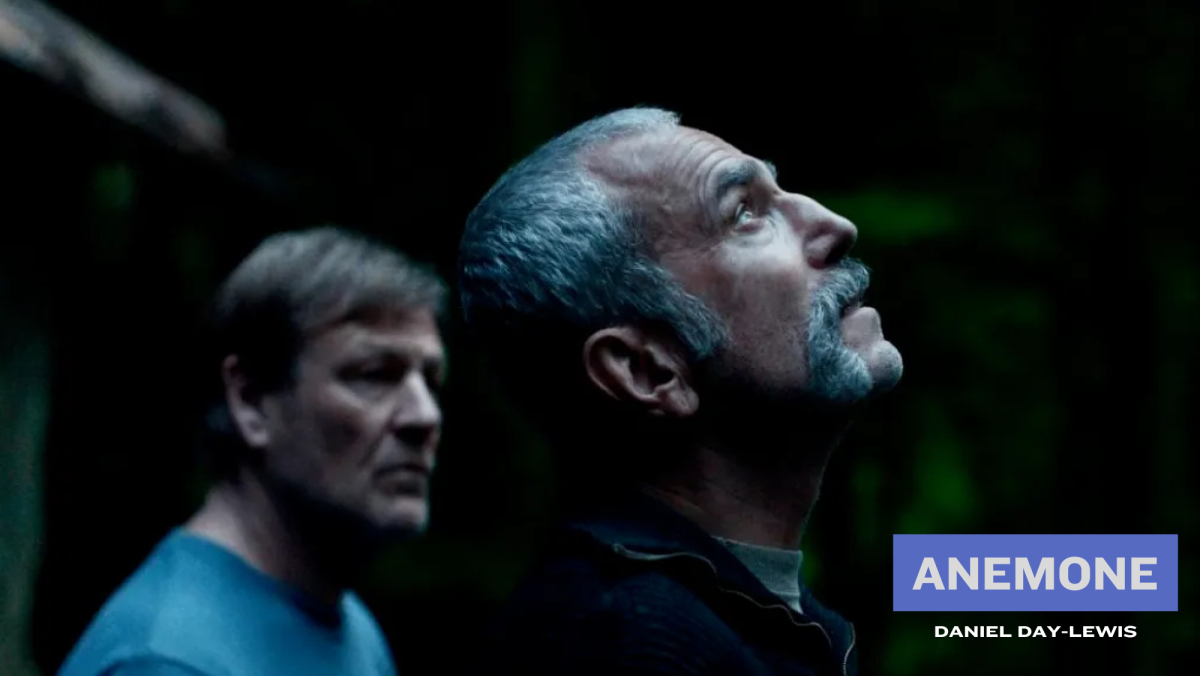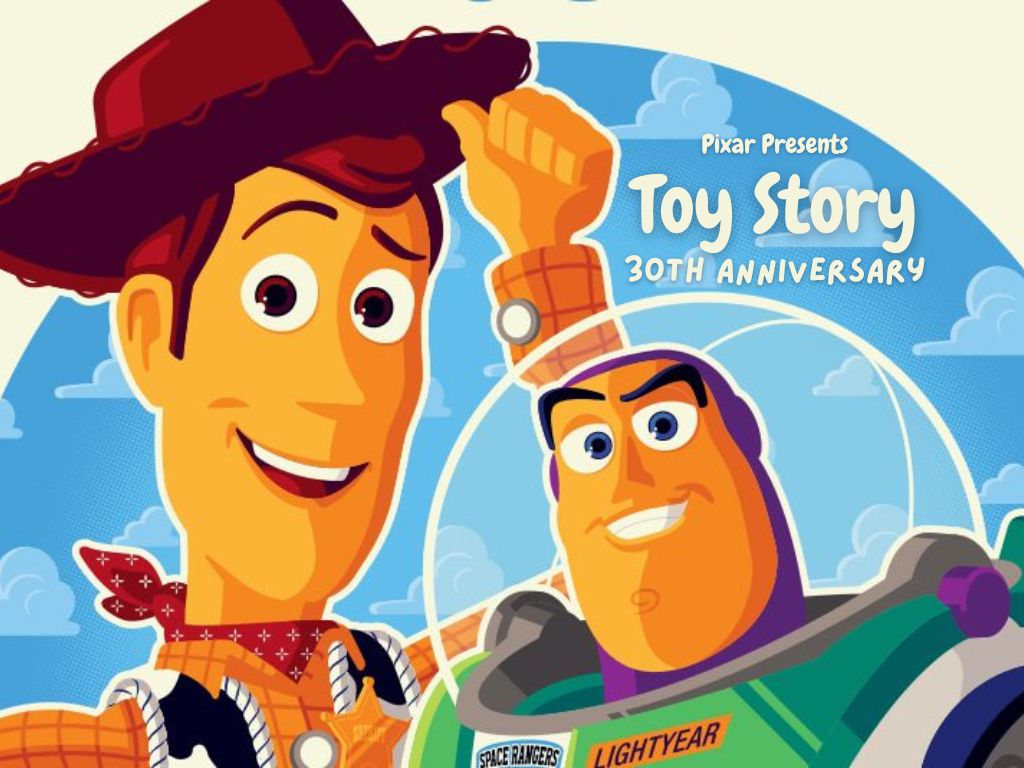Journalists have a love-hate relationship in the public eye, as they tend to go to absurd lengths to get their article done. What about their process in writing those famous articles, like Watergate or the exposure of My Lai during the Vietnam War? GlobeDocs Film Festival held the Massachusetts premiere of “Cover-up,” a documentary on journalist Seymore Hersh Oct. 25.
From Academy Award-winning Director Laura Piotras and Emmy Award-winning Director Mark Obenhaus, “Cover-up” follows Hersh and his process and story behind the expose of My Lai and a range of other works.
The film opens with the revelation that Piotras previously reached out to Hersh in 2005 to work on the documentary, but he didn’t accept until nearly 20 years later. Hersh is shown in his office, with a large amount of file folders and boxes. After shuffling around for a while, he tells the camera about how he is unaware of how much he can tell them, as he wants to keep his sources anonymous. While Hersh is comfortable with his face everywhere, he is extremely focused on making sure his sources do not get compromised.
Hersh and Piotras begin to discuss Hersh’s most famous article regarding the My Lai massacre. He shares that he was hated by a lot of people in the Pentagon and still is. He shares how he got a tip that a man was being detained in relation to an event regarding the Vietnam War. Hersh then went and talked to a few Pentagon employees that he knew to casually ask about the detainee. The employee revealed the name of the soldier, unknowingly giving him another lead.
Hersh details how he then went to the place Lt. Calley was being held. Calley shares that he was just following orders and that he had not known any better. Hersh now knows the details about the Vietnamese city where American soldiers had killed all inhabitants, regardless of confirmation of them being the Vietcongs. Hersh shares that he was determined to dive deeper.
One line that stood out from an interview that he conducted with the parents of a soldier involved in the event was, “We gave them a good man. They sent us back a murder.” Which ironically, became one of the key lines that Hersh used in his expose, and allowed him to go public with his findings. Then the film shows real interview clips from back then, and another standout line of, “Men. Women. Children and babies.” The armed forces did not care about who it was; they just saw them as enemies. And if nothing had come out exposing the government’s cover-up, no one would have ever known.
The film then shifts to discuss some of Hersh’s later discussions. He had left Associated Press a while ago and was doing freelance work when he was offered a job at The New York Times. At The New York Times, he wrote a few articles before diving into helping with the Watergate scandal..
What is interesting is the inclusion of audio files of former President Nixon detailing how he does not like Hersh. And audio files of former CIA detailing their dislike for him, too, following his article on the CIA.
Hersh is in a discussion with an anonymous source regarding the issues within Gaza and Sudan. He goes through files that are blacked out, and he is shown freaking out about how they can not show any more files and a variety of files, as they include sources that need to remain anonymous for their safety. Hersh then declares that he is done with the film and does not want to work on it anymore.
Hersh, now calmer, begins discussing the other articles that he has published. He talks about his work surrounding the John F. Kennedy and Marilyn Monroe drama. Where he unfortunately got ahold of falsified documents that hurt his reliability as a journalist.
The rest of the film goes into detail more on the things that he has written about that the government would have otherwise gotten away with covering up. And without spoiling the remainder of the documentary, it is incredibly disgusting and sickening just how many wrongdoings he was able to bring to light.
After the film’s conclusion, producer Yoni Golijov hosted a Q&A portion. A question was asked regarding Hersh’s scandal regarding the falsified Kennedy and Monroe letters that had damaged his credibility as a journalist.
Golijov shared that he believes that Hersh was able to build his credibility back up with publications during the Iraq War. He also shared that the scene where Hersh quits the film was not the first time that he had quit. However, Hersh always came back as he wanted his story told.
“Cover-up” is an amazing film that discusses Pulitzer Prize-winner, Seymour Hersh. GlobeDocs Film Festival was incredible, and everyone involved was amazing to work with. It is clear that their passion for movies is what drives the festival and keeps it running.


